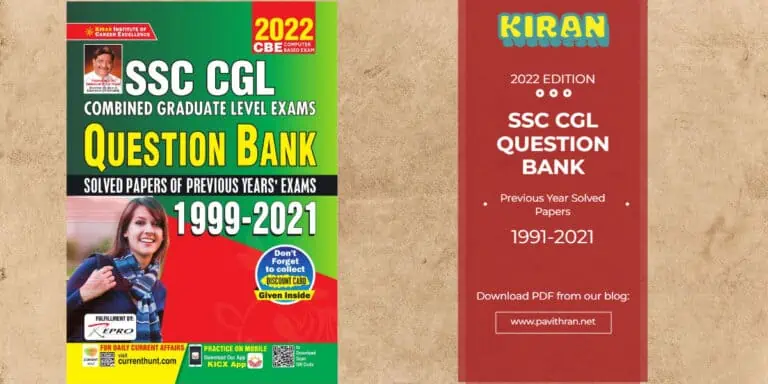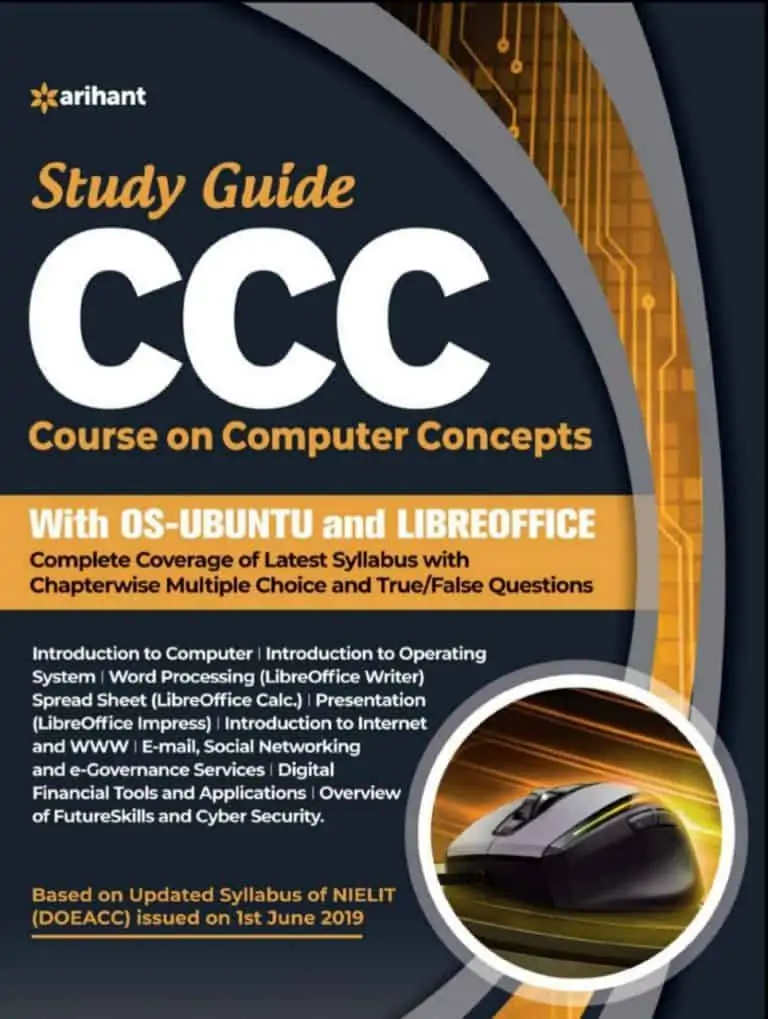Explore All About UPSC Exam Here – Strategies, Benefits, and Tips

The following advice would be highly helpful for those who are preparing at home for the next UPSC classes fees. Many of these strategies have been advised by former IAS top performers. Let’s take a look at them right away!
- Having a Clear Idea of Your Aim Will Help you Develop a Strategy Easily
Learn about the format and qualifications for the UPSC civil service exam. Find out if you are qualified for the program first. You can check your eligibility to take the UPSC course online here.
You ought to be well aware of what to anticipate from the examination. As stated earlier, there are three portions of the exam. You can find the entire UPSC test pattern right here.
- Explore All About the UPSC Syllabus In Detail
The UPSC Syllabus is one of the most challenging things an aspirant has to cope with. You must be knowledgeable about the vast course material. Based on the same approach, the UPSC Mains optional subject should be selected.
Look at the course materials for each optional subject you intend to take for the main exam. In order to create connections between what you learn in class and what you read in the media, it is essential to become well-versed in the course subject.
- Make a Work Plan, and Then Follow Through on It
The next step is to come up with a study plan that works best for you after learning about the exam’s structure and material. The amount of material to be learned makes a study plan crucial. Students who self-study must create a thorough study plan.
When you don’t have access to the UPSC coaching institute or mentoring, you must follow your game plan in order to succeed. A higher degree of self-control and self-discipline are required for self-study. Distractions must be totally avoided if you wish to achieve.
- Don’t Miss Out on Notes and Revisions
Making thorough notes is a crucial component of being well-prepared. Take thorough notes that are pertinent to the subject covered in the exam, whether you’re studying from a regular textbook or the morning newspaper. Additionally, make sure to review your class material periodically. As you revise, your memory gets better.
- Ask For Help if You Need It
Many people, just like you, have not made an effort to seek coaching assistance. To find people who share your interests, use the internet.
Therefore, whenever you encounter a difficulty, don’t be afraid to get in touch with them and ask any queries you may have. Additionally, express your opinions and feelings. You’ll be more ready and able to move more rapidly as a result.
- Find Information Online
The fact that internet resources are accessible round-the-clock and enable candidates to acquire assistance whenever they need it is one of the finest aspects of using them.
Candidates who want to succeed in the IAS exam should concentrate on self-study and preparation. If you’re ready to put in the work to get the most out of it, a UPSC preparation institute can be helpful.
- Remember to Take a Break
After lengthy study sessions, you should take quick pauses to give your mind a rest. Without taking regular breaks to relax and renew your body and mind, you can’t keep going. Utilize any spare time you may have to participate in your favorite activities. Choose carefully who you spend time with among your friends and family.
This is the last step, so keep going with hope in your heart. “Preparing for the IAS on your own requires a lot of bravery. You will succeed, though, if you are a regular student of the best classes for UPSC online and have a good study plan. Focus and effort are necessary for success.
- Make a Comprehensive Schedule
Prior to the Mains, concentrate on just one newspaper, making sure to read it carefully and make notes on what you discover. Two newspapers should be read after the Mains. Candidates for public office should establish a daily habit of waking up early and reading the newspaper.
Don’t wait until the end of the day to complete the project, and even if you initially find the subject difficult to understand, everything will make sense in due time.
Tips For Better Time Management and Revision
With so much to remember—including current affairs, class notes, NCERTs, subjects, and coaching—UPSC tests one’s organizational abilities as well. The first piece of managerial advice is to REVISE! The student must go over all they have learned so far, even if the material is clear-cut and uncomplicated.
While revising on the same day takes two to three hours, delaying the process can make it feel forever. After an advanced session on a subject, it’s a good idea to review the fundamentals of NCERTs.
Giving practice exams is a great approach to enhancing your present study plan. It helps one become familiar with the test format, typical mistakes to avoid, and scoring procedures, among other things.
Mock exams are a great way to prepare for the big test before you take it. Additionally, candidates should focus on the MCQs at this level rather than writing preparation.
Conclusion
You can only take the UPSC Mains test (the second stage of the process) after passing the preliminary exam (1st stage). The hunt will be over before it even gets started if UPSC coaching classes online are undervalued.
Only about 3% of applicants who take the preliminary exam pass the cut-off point to advance to the main exam. In recent years, it has been harder to pass the “Prelims Hurdle” than the Main exam.
Because they will have spent too much time thinking beyond the Prelims stage, many serious applicants will fall short in the Prelims stage. So, this was all you needed to know about the widely known UPSC exam. Hope you were able to grasp essential pieces of information from this blog post.
Useful Books for Competitive Exams
Best Books for Competitive Exams [PDF]
Disclaimer: Pavithran.Net doesn’t aim to promote or condone piracy in any way. We do not own any of these books. We neither create nor scan this Book. The Images, Books & other Contents are copyrighted to their respective owners. We are providing PDFs of Books that are already available on the Internet, Websites, and Social Media like Facebook, Telegram, Whatsapp, etc. We highly encourage visitors to Buy the Original content from their Official Sites. If any way it violates the law or if anybody has Copyright issues/ having discrepancies over this post, Please Take our Contact Us page to get in touch with us. We will reply as soon as we receive your Mails.
We Need Your Support. Please Share the Link if it is helpful to your Cherished circle





![UPSC CAPF Paper 2 Assistant Commandant Solved Papers 2014-24 [Handwritten Notes] by Incredible Abhishek [2nd Edition]](https://www.pavithran.net/wp-content/uploads/2024/11/UPSC-CAPF-Paper-2-Assistant-Commandant-Solved-Papers-2014-24-Handwritten-Notes-by-Incredible-Abhishek-2nd-Edition-768x1086.webp)
![Complete Guide for RRB Group D Level 1 Exam [4th Edition -2024] - Disha Experts](http://www.pavithran.net/wp-content/uploads/2025/03/Complete-Guide-for-RRB-Group-D-Level-1-Exam-4th-Edition-2024-Disha-Experts-785x1024.webp)